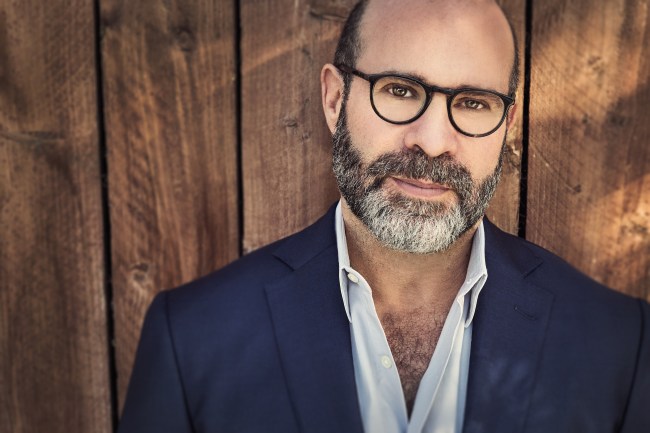Exploring AI in Screenwriting: A Skeptical Screenwriter’s Journey
In Hollywood, the debate about AI’s role in filmmaking is heating up. Some believe it will revolutionize the industry, while others fiercely oppose its use. Writer/director Scott Z. Burns stepped into this divide with an open mind, determined to test AI’s capabilities in screenwriting. His experiment, documented in the Audible Original podcast ‘What Could Go Wrong?’, offers valuable insights into AI’s potential and limitations.

Burns attempted to use large language models (LLMs) like ChatGPT to help write a sequel to his and director Steven Soderbergh’s ‘Contagion’. The podcast chronicles his journey, revealing both the promising aspects and the shortcomings of AI in screenwriting. While AI proved useful for generating ideas and exploring different premises, it struggled with writing scenes and capturing the nuances of character interactions.
In one episode of the podcast, Burns worked with actors Jennifer Ehle and Laurence Fishburne to break a scene using ‘Lexter’, a customized ChatGPT. Despite various prompts and modifications, Lexter failed to grasp the internal emotions and interpersonal dynamics between the characters. Burns noted that AI ‘does run out of gas when you start getting into some of the more detailed parts of filmmaking’ because it lacks ‘an experience of itself in three-dimensional space’.

Burns’ goal wasn’t to have AI write the screenplay but to use it for generating ideas quickly. He found that AI was helpful in exploring multiple science-based premises for the ‘Contagion’ sequel. The breakthrough came when Lexter, initially designed as an AI critic, produced an unexpected scenario that sparked a new premise for the sequel.
Burns believes that while AI can be useful for brainstorming and exploring different ideas, it’s unlikely to produce original movie concepts on its own. He warns that relying solely on AI for movie premises might result in derivative work. However, he sees potential in using AI as a tool to assist human writers, particularly in generating ideas or exploring different ‘what if’ scenarios.
Currently running a writers’ room for a Netflix series, Burns is encouraging writers not to fear AI but to understand its limitations. He believes that once writers realize AI can’t replace human creativity in writing scenes or coming up with original ideas, they might be more open to using it as a tool.
The eight episodes of ‘What Could Go Wrong?’ are now available on Audible, offering a detailed exploration of AI’s role in screenwriting. Burns’ experiment provides valuable insights into the potential and limitations of AI in the creative process, suggesting that while AI won’t replace human writers, it could become a useful tool in their toolkit.


